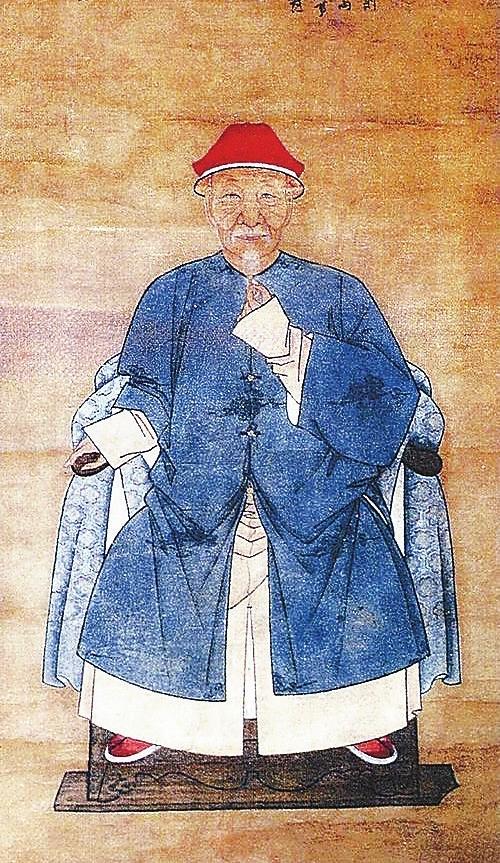
THE Pu Songling Memorial Hall in Zibo, East China’s Shandong Province, partially opened to the public Aug. 4 after renovation and was soon overbooked due to Dao Lang’s hit song “Luocha Haishi.” The song shares the same title with a story from “Strange Stories From a Chinese Studio” written by Qing Dynasty (1644-1911) novelist Pu Songling. “Luocha Haishi” tells a story of a merchant’s adventures in the distant kingdom called Luocha, where people regard ugliness as beauty. The song, released July 19, swept across the country on various social media platforms. “After listening to ‘Luocha Haishi,’ I became interested in Pu’s ‘Strange Stories from a Chinese Studio,’ so I plan to visit the memorial hall next week,” said Hu Hou, a visitor. The memorial hall used to be Pu’s old residence, which was approved by Zibo Municipal People’s Government to be transformed into a memorial hall in 1980. Pu’s portrait, painted by Zhu Xianglin in 1713, is a treasured relic in the memorial hall, which also houses Pu’s manuscripts and publications, including some rare editions published in the Qing Dynasty. Pu (1640-1715) was born in Zichuan, Zibo and lived a relatively humble life as a scholar-official but dedicated himself to writing fiction. His supernatural short story collection “Strange Stories From a Chinese Studio” is considered one of the greatest works of classical Chinese fiction. It consists of hundreds of stories blending elements of folklore, fantasy and supernatural occurrences. The tales depict various themes, such as ghosts, demons, immortals, fox spirits, and human interactions with these mystical beings. Pu’s storytelling is known for its humor, moral lessons, and exploration of human desires and weaknesses. “Strange Stories From a Chinese Studio” gained popularity during the Qing Dynasty and has since become a cherished classic in Chinese literature. It has been adapted into various forms of media, including films, TV dramas and stage shows, further solidifying its significance in Chinese culture.(SD-Global Times) | 
